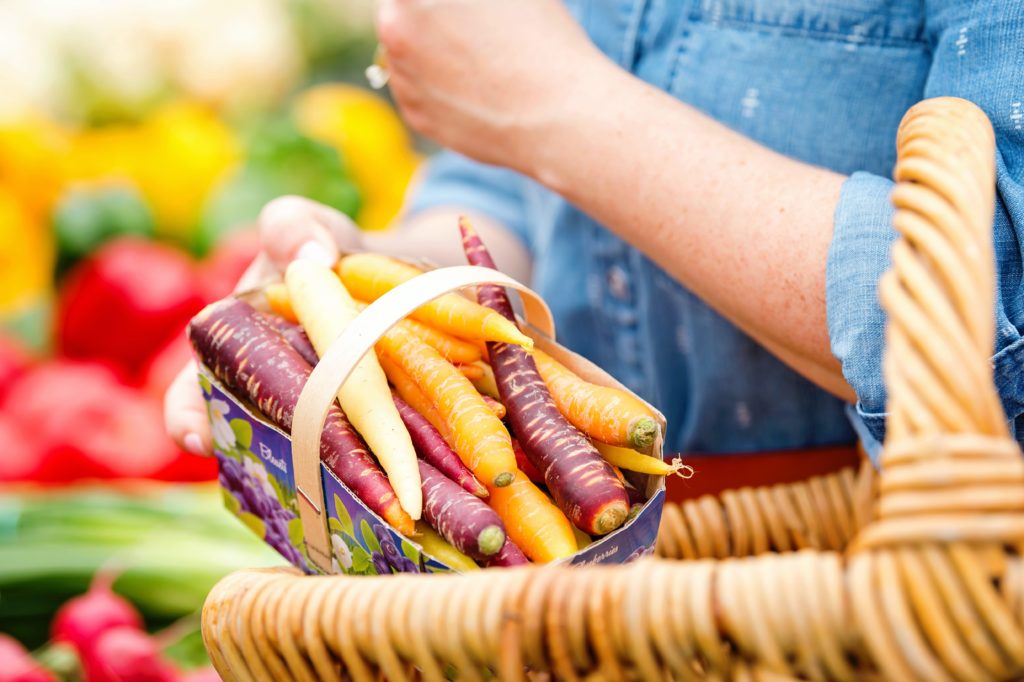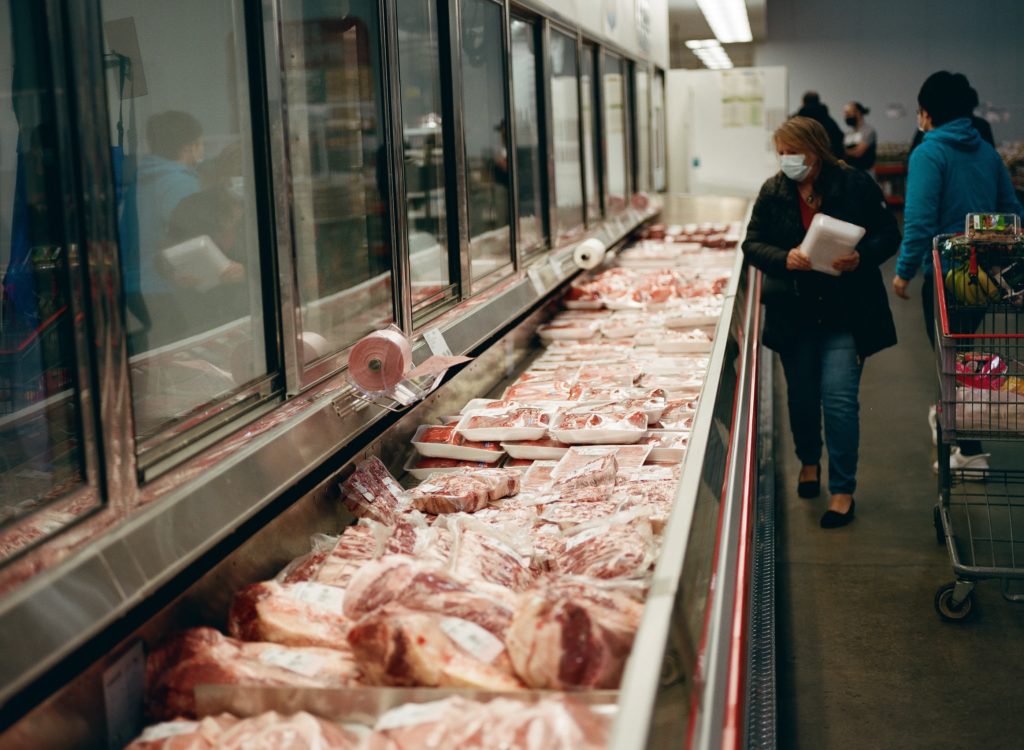Launching a Food Startup? You’ll Want To Think About These Five Climate Consumer Trends
4 Mins Read
A new Earth Day study looked at the impact of food choices on the climate crisis and how far consumers are willing to adapt their buying habits and the overarching message is that the vast majority of consumers are still not that aware about how their food impacts the environment and cost remains a key blocking point.
1,000 U.S. consumers were polled to discover how much they know and care about how their food choices impact the environment. The results were published in the Dawn of the Climavores report by management consulting outfit Kearney. Below, we outline the study’s five major takeaways.

1. Future food giants will be determined by who is mobilising now
The report states that by 2030, everyday food selections will be guided by climate concerns. The link between food production and environmental damage is proven and widely accepted, but consumers remain less aware than they could be and are guided more by taste and cost than eco-impact. Companies seeking to address all three now will be victorious in the future.
Activities that will set future leaders apart could take the form of carbon-transparent packaging, introducing automated production systems and continuing R&D to improve flavour profiles.
2. ‘Climavores’ are the new vegans
Whereas vegans choose their foods based on what is contained within them, climavores select their nutrition with climate impact credentials in mind. Climate-conscious eating is a growing trend that allows people to switch resource-heavy foods out for less impactful but still enjoyable alternatives. This is when compromises such as no red meat but continued poultry consumption begin to surface. 83 percent of study respondents said they are willing to substitute out beef at least once a week.
It’s vital to remember that climavores are not guided by animal welfare or ethics, just climate impact, meaning they do not need to be vegan. However, there will likely be a sub-niche of vegan climavores that seek to bring the ideals of both dietary lifestyles together. Whole foods seasonal veganism addresses the issue already.

3. Only 15 percent of people are ‘very aware’ of how their food impacts the environment
Though four out of five participants had some level of awareness, just a small percentage claim to be really informed. 20 percent admitted to having no understanding of how the way they eat affects the environment and subsequently felt alienated by talk of veganism and similar lifestyles. This left 65 percent in the middle knowing a little but not enough to warrant major lifestyle changes.
“Daily food choice is a call to action for consumers keen to make a positive impact on climate outcomes, with nearly one-third of consumers in our survey considering environmental impact at the grocery store,” Corey Chafin, associate partner in Kearney’s consumer practice, and the study’s principal author said in a statement.
4. Cost remains a major factor
More than half of those surveyed revealed they consider environmentally-friendly foods too expensive to eat regularly. Second to this came an objection to turning vegetarian or vegan, with connected concerns about environmental foods not tasting good. Of those calling themselves very aware of their food impact, there were fewer objections to climate-conscious foods across the board, but still notable reservations about cost, dietary labelling and taste. Consumers buying online and in shops are shown to be most guided by cost. Those ordering from restaurants cared more about taste.
The report comments that the objection to being labelled as vegan or vegetarian will have an impact on companies hoping to trade on the trend of climavorism.

5. Access to suitable food alternatives will drive acceptance
The three major motivations for food purchases are identified in the report: access, culture and hunger. If culturally appropriate climate-conscious foods can be made widely available, consumers are likely to adopt them. Recognisable dishes that are frequently craved will allow for a taste of the familiar that prevents aware eating from feeling like a thankless compromise or a trend. Comparable substitutions that don’t require entire lifestyle overhauls will encourage climate eating adoption too.
“Consumers have become alienated by the binary omnivore/vegetarian thinking and plant-based burger craze,” Chafin said. “Instead we should focus on climate-conscious food choices of any type – for example, trading chicken for beef on a per lb. basis reduces GHG emissions by 90%.”
Supporting case studies
In January, the World Resources Institute published findings that found a correlation between environmental messaging and food choices. Messages were displayed before a hypothetical menu, with diners asked to select what they would eat and why. The conclusion of the study was that thoughtfully devised messages would promote plant-based ordering under the premise that it would be less environmentally damaging.
In Norway, retail outlet Oda began printing the carbon footprint of online grocery orders on customer receipts. The initiative began in 2021 with results reported early this year. The grocery chain claims that orders of red meat have plummeted, with an overall decrease in other carbon-heavy products being ordered alongside.
Lead photo by Dollar Gill at Unsplash.




